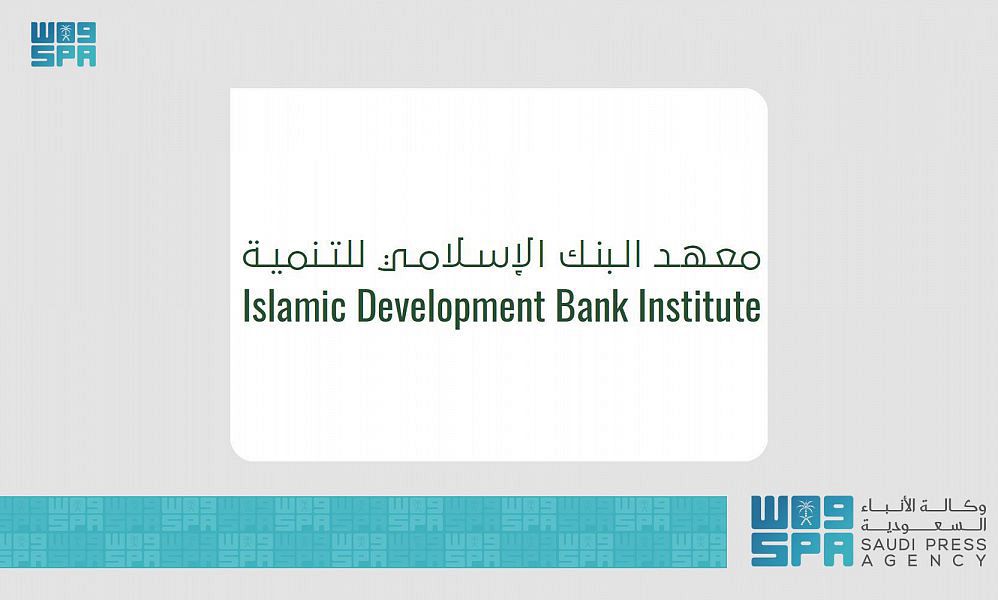
The global economic recovery that has started mid-2016 is gaining mounting power with the accelerating growth in Europe, Japan, China and the US, a by the International Monetary Fund (IMF) has revealed.
IMF warned of possible discontinuity of the global recovery given that some states are not part of it.
Growth in all MENA countries was expected to drop significantly from 5.1 percent last year to 2.2 percent in 2017.
MENA’s economic growth is expected to rebound to 3.2 percent in 2018, according to the IMF.
In its report, IMF pointed that political tension is one of the prominent factors behind some states’ delay in economic recovery, and this tension is centered in several regions including MENA.
It added that if nearly 75% of world economies are growing, more than 25% are not, and this represents a burden on the global growth and a potential source of destabilizing political shocks.
Notwithstanding Libya, because its economic data is unreliable meanwhile, Djibouti is the highest growing since 2017 with up to 7 percent, followed by Morocco, Egypt, Mauritania, and Sudan.
IMF forecast that Kuwait, Yemen, and Iraq will undergo a recession in the annual growth, which reflects the impact of political tension in such countries and the effect of oil prices’ drop in Gulf markets.
Although inflation is usually a phenomenon that accompanies economic recovery, it is not the case in the MENA.
Despite its modest share in growth, it tops the list of high inflation regions according to IMF forecasts (an estimate of 7.1 percent of inflation in that region).












